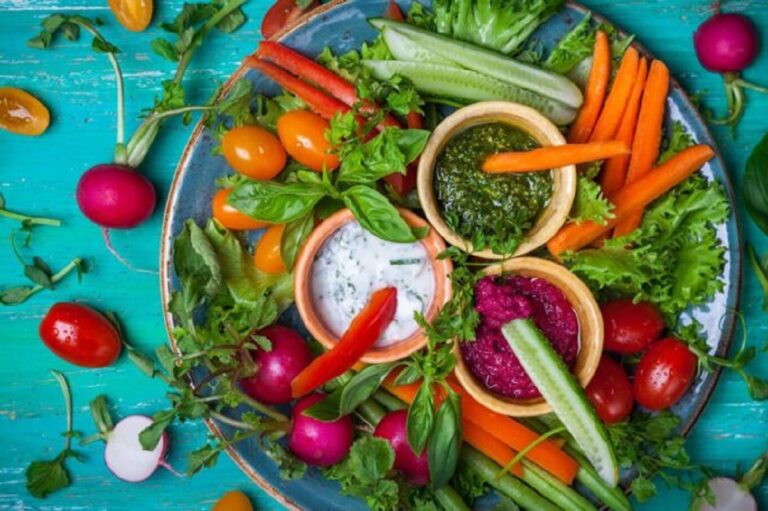Bloating can be more than just an occasional nuisance—it can disrupt your day and leave you feeling uncomfortable. As someone who’s battled abdominal bloating on more than one occasion, I know how frustrating it can be to decipher what’s triggering that swollen feeling. Often, the culprit is hidden in our everyday diet. Drawing on insights from nutrition experts like those at the Mayo Clinic and Harvard Health Publishing, here are 12 foods you might consider avoiding to help reduce bloating and reclaim your comfort.
Understanding Abdominal Bloating
Bloating is a common condition, particularly among women, and it’s often accompanied by abdominal discomfort. It tends to worsen after meals and can peak by the end of the day. Several factors contribute to bloating, including excessive gas production, imbalances in gut bacteria, and even conditions such as irritable bowel syndrome (IBS). Stress, hormonal fluctuations, and certain eating habits may also play a role. It’s important not to confuse bloating with aerophagia—swallowing too much air while eating or drinking—which can create a similar sensation.
Twelve Foods to Avoid
Many of the foods that trigger bloating are high in FODMAPs (fermentable oligo-, di-, mono-saccharides and polyols), which can be difficult for some people to digest. Here are 12 items that are known to contribute to bloating:
- Cabbage: While nutritious, cabbage can produce gas during digestion, leading to discomfort.
- Broccoli: Another cruciferous vegetable that, despite its health benefits, is notorious for causing gas.
- Cauliflower: Similar to its cruciferous cousins, cauliflower can be challenging for your digestive system.
- Apples: High in natural sugars that can ferment in the gut, apples might leave you feeling puffy.
- Watermelon: Though refreshing, its high FODMAP content may contribute to a bloated feeling.
- Garlic: A common flavor enhancer, garlic contains fructans that can trigger gas and bloating.
- Onions: Like garlic, onions are rich in FODMAPs and can be hard on the digestive system.
- Wheat-Based Products: Many people have difficulty digesting wheat, which can lead to bloating.
- Legumes: Beans and lentils are great sources of protein but are also known for their gas-producing properties.
- Sugar Alcohols: Often found in sugar-free gum and candies, polyols (like sorbitol and xylitol) can cause gas.
- High-Fat Foods: Foods that are rich in fats slow down digestion, which can increase the feeling of fullness and bloating.
- Carbonated Beverages: The bubbles in sodas and sparkling waters can introduce extra air into your digestive tract, causing discomfort.
I remember trying to pinpoint my own triggers last year. After keeping a detailed food diary and experimenting with my diet, I noticed that cutting back on some of these items made a noticeable difference in how I felt after meals.
Adopting Smart Eating Habits
Beyond eliminating certain foods, some simple lifestyle changes can also help manage bloating. Here are a few strategies that have worked for me and are backed by nutrition experts:
- Eat Regularly: Stick to consistent meal times to help regulate your digestive system.
- Smaller, Frequent Meals: Instead of a couple of large meals, try having four smaller ones to ease digestion.
- Mindful Eating: Enjoy your meals in a calm setting and take your time to chew properly. This can reduce the amount of air you swallow.
- Post-Meal Activity: A gentle 15-minute walk after eating can promote digestion and help alleviate bloating.
Conclusion
Dealing with bloating is all about finding balance and discovering what works best for your body. By steering clear of certain high-FODMAP and difficult-to-digest foods, and by incorporating mindful eating habits, you can significantly reduce that uncomfortable swelling. Remember, dietary changes can be a personal journey—what works for one person may not work for another. If you’re ever in doubt, consult with a nutritionist or healthcare provider to tailor a plan that suits your needs.
Have you tried adjusting your diet to combat bloating? I’d love to hear your experiences and any tips you might have discovered along the way. Here’s to a happier, less bloated you!






